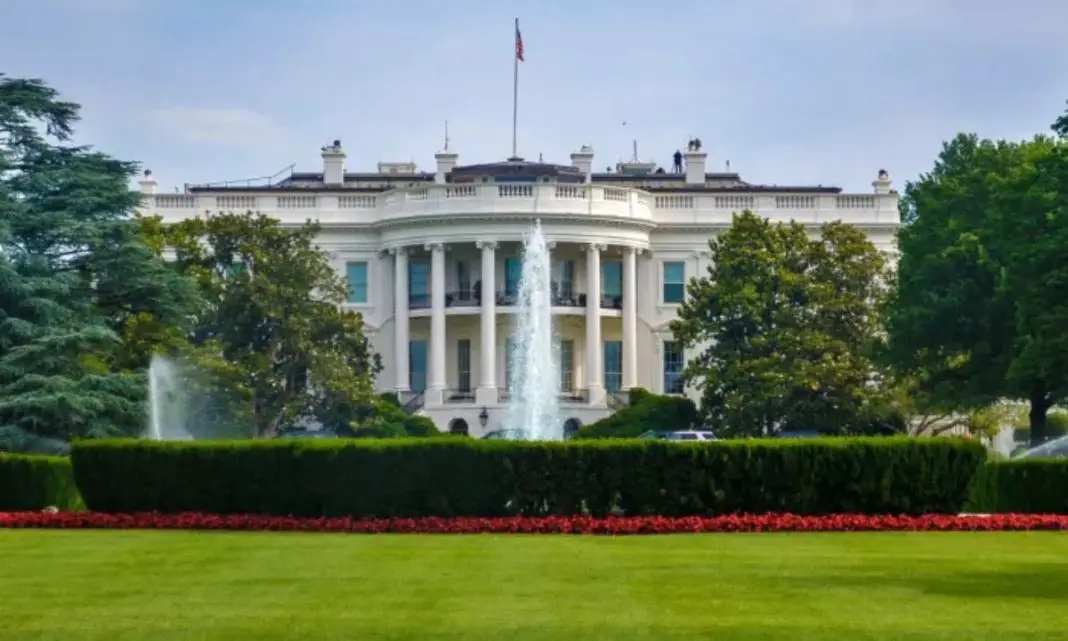Americans across the nation are rallying behind a wave of peace agreements, seeing them as a powerful force for global stability and national prosperity. Many U.S. citizens view these diplomatic efforts as vital for strengthening international ties and reducing conflict. There are also those who are particularly hopeful that similar agreements could soon bring resolution to conflicts like those between Russia and Ukraine or Israel and Hamas, paving the way for a more peaceful world.
This widespread enthusiasm points to a growing belief that diplomacy can transform volatile regions. There’s a strong desire for the U.S. to lead more initiatives that bridge divides, with citizens citing the economic and humanitarian benefits of peace.
Grassroots campaigns are urging policymakers to prioritize negotiations that could end longstanding disputes, emphasizing that such efforts strengthen America’s global standing. Americans also want more deals that turn adversaries into partners. Thanks to President Trump, one such deal recently occurred.
A Historic White House Summit
On Friday, President Trump hosted a historic event at the White House, bringing together the leaders of Armenia and Azerbaijan to sign a groundbreaking peace accord. At its core is the “Trump Route for International Peace and Prosperity,” a new railway corridor designed to connect Azerbaijan’s capital, Baku, on the Caspian Sea, to its Nakhchivan exclave near Turkey, passing through southern Armenia. This ambitious project promises to boost trade and energy transport, reshaping the economic landscape of the South Caucasus.
Armenian Prime Minister Nikol Pashinyan and Azerbaijani President Ilham Aliyev were set to meet separately with Trump before the ceremony. For Armenia, the corridor offers a strategic partnership with the United States.
For Azerbaijan, it fulfills an ambition to link its two geographic regions. The route could also become a major conduit for fossil fuels from Azerbaijan and Central Asia, benefiting both regional and global markets.
The agreement marks a shift in regional dynamics, placing the U.S. in a leadership role long held by Russia, which had stationed peacekeeping forces in Nagorno-Karabakh Republic until Azerbaijan reclaimed it in 2023. Whether displaced residents of Nagorno-Karabakh can return remains unresolved, with talks set to begin next week to address this and other details of the Trump-named route, a title proposed by Armenia, according to officials.
Economic Promise and Global Impact
“This isn’t charity. This is a highly investable entity,” a Trump administration official said to reporters, highlighting the deal’s commercial potential. “I received calls from nine different operators and was pleased to see three different American operators,” the official added. The project aims to deliver not just peace but lasting economic growth, ensuring stability through shared prosperity.
Trump’s team points to this accord as part of a series of diplomatic triumphs, arguing he deserves the Nobel Peace Prize, to be awarded October 10. They cite his role in resolving conflicts between India and Pakistan, Rwanda and the Democratic Republic of Congo, Cambodia and Thailand, and this year’s U.S.-led resolution of the Israel-Iran conflict through precise airstrikes on Tehran’s nuclear facilities. The South Caucasus deal further strengthens Washington’s influence, especially as Russia remains bogged down in Ukraine and Iran faces military setbacks.
Rewriting Global Trade Routes
“If you look at the flow from the Caucasus region into Europe, everything either goes through Russia or through Iran,” an official stated. “If you were just looking at it objectively, you would say, ‘Why is it this way?’ And the answer would be, ‘Well, because politics got in the way.’”
Trump’s approach, the official explained, cuts through political obstacles to prioritize practical solutions, opening doors for American businesses and enhancing Europe’s energy security. “The losers here are China, Russia, and Iran. The winners here are the West.”
The official emphasized the deal’s global impact, stating, “When you look at what signal this sends, it sends that the one superpower in the world is acting like the one superpower in the world.” As negotiations advance to refine the “Trump Route,” Americans remain hopeful that this accord is just the beginning. The next step is for the Trump administration to try and broker peace between Israel and Hamas, and Russia and Ukraine.
Are you encouraged by the peace deals the White House is helping to make? Let us know what you think by posting in the comments below!

